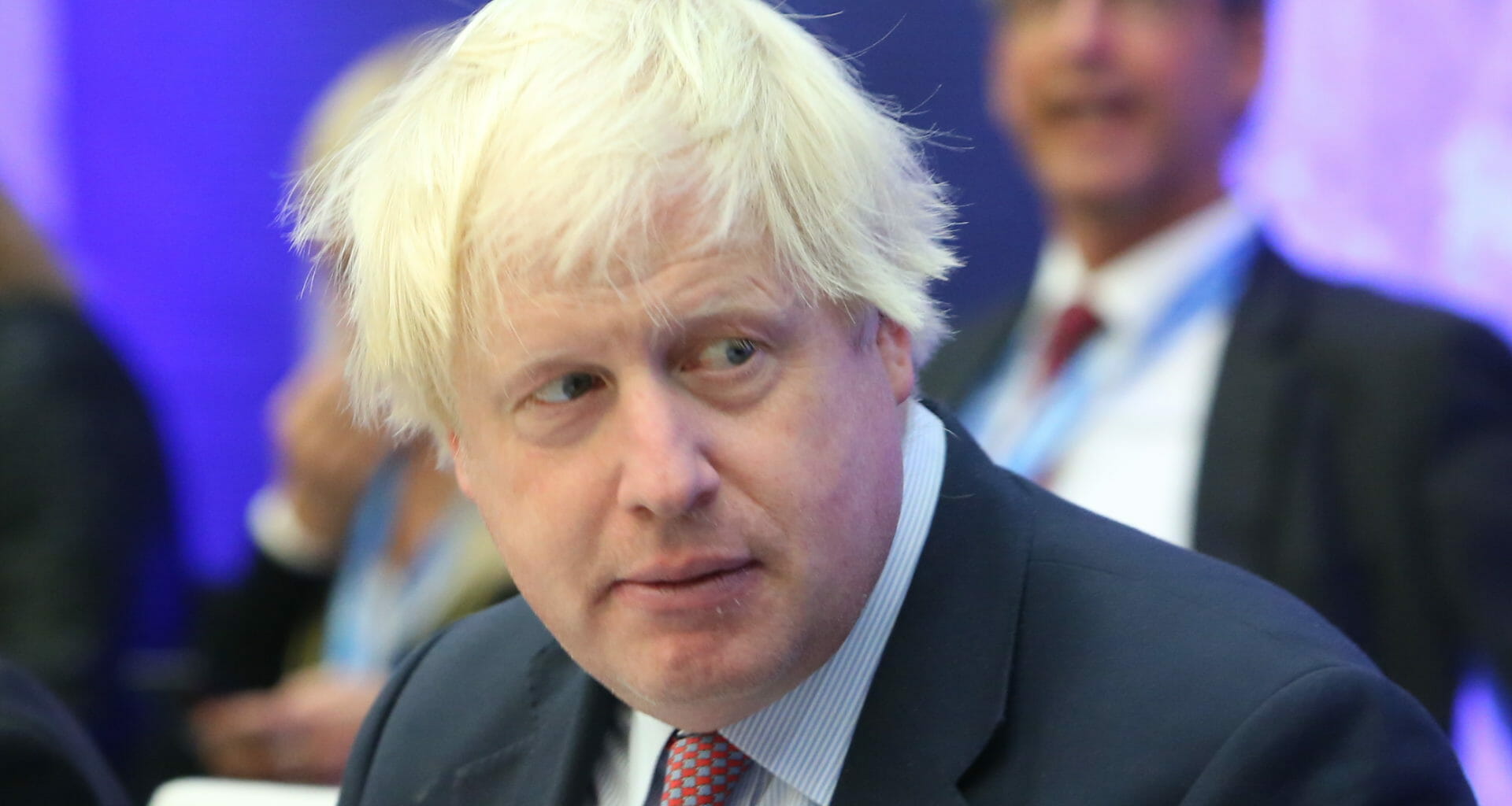
Boris Johnson was accused of making a misleading claim about wage growth in the UK, in an appearance on a BBC politics show.
In his interview with presenter Andrew Marr on Sunday, the Prime Minister said that wages were increasing as the UK emerged from the pandemic. This was questioned by Marr, who suggested official figures said wages were not keeping pace with inflation.
What you’re also seeing is finally growth in wages.
Boris Johnson
Ferret Fact Service looked at this claim and found it Mostly True.
Evidence
During the exchange with Andrew Marr, the Prime Minister said: “What you’re also seeing is finally growth in wages”. The journalist said that Johnson had “said something that isn’t true about wages” and cited Office For National Statistics (ONS) statistics allegedly showing this to be untrue, saying wages “were not keeping pace with inflation” which meant “in real terms, over the last three months, wages have gone down not up”.
The statistics both men were citing come from the ONS average weekly earnings report. This shows the earnings across Great Britain, and is released monthly.
In the latest report, which covers the three months up to July, average weekly earnings were £578 for total pay (including bonuses) £542 for regular pay.
These earnings have shown steady growth for a number of years, apart from the early part of the Covid-19 pandemic in 2020.
The rate of annual pay growth, which compares three-month periods to the same period the year before, was 8.3 per cent for total pay and 6.8 for regular pay.
Marr’s claim that wages were not keeping up with inflation does not appear to be accurate. In fact the ONS report states that “In real terms (adjusted for inflation), total and regular pay are now growing at a faster rate than inflation, at 6.0 per cent for total pay and 4.5 per cent for regular pay”.
It is possible that Marr was referring to the rate of increase in annual pay growth, as the reporting period from May to July 2021 shows a slight reduction in annual growth rates.
So is Johnson right about wages growing? Yes, but it’s a bit more complicated than you might expect.
The ONS data has been significantly affected by the impact of the Covid-19 pandemic, particularly the annual pay growth statistics.
The latest statistics cover May to July, which are compared to the period in 2020 when wages were being first affected by the Covid-19 pandemic, and a fall in lower paid jobs from the period before the pandemic began.
The latest statistics cover May to July 2021. To get the annual earnings growth this is compared to the same period a year before, which was in the early part of the Covid-19 pandemic.
At that point, wages were hit by the impact of the pandemic and lockdown, which means the 2020 statistics are unusually low, resulting in a bigger change when compared to 2021.
The ONS cautions against drawing too much from the comparison between recent months and their 2020 equivalent, saying “some of the reason we have a higher growth rate this year is because some wages were falling last year”.
Those in lower-paid positions were also at greater risk of losing their jobs, resulting in fewer low paid people in the workforce. This leads to an increase in average earnings for those who are still in work, as many of those who are on below average pay left the workforce, pushing the average up.
These effects have distorted the current headline figures on weekly average pay.
Ferret Fact Service verdict: Mostly True
Boris Johnson’s claim that wages are rising is broadly accurate. Earnings, including those adjusted for inflation, are growing according to the latest ONS figures. However, caution should be used for the significant increases in annual weekly wages, as the latest statistics are comparing 2021 earnings with the point in 2020 when many people’s wages were impacted by the Covid-19 pandemic.

Mostly True – The claim is still true, but requires further information or clarification to create a full picture
Ferret Fact Service (FFS) is a non-partisan fact checker, and signatory to the International Fact-Checking Network fact-checkers’ code of principles.
All the sources used in our checks are publicly available and the FFS fact-checking methodology can be viewed here.
Want to suggest a fact check?
Email us at factcheck@theferret.scot or join our Facebook group.














